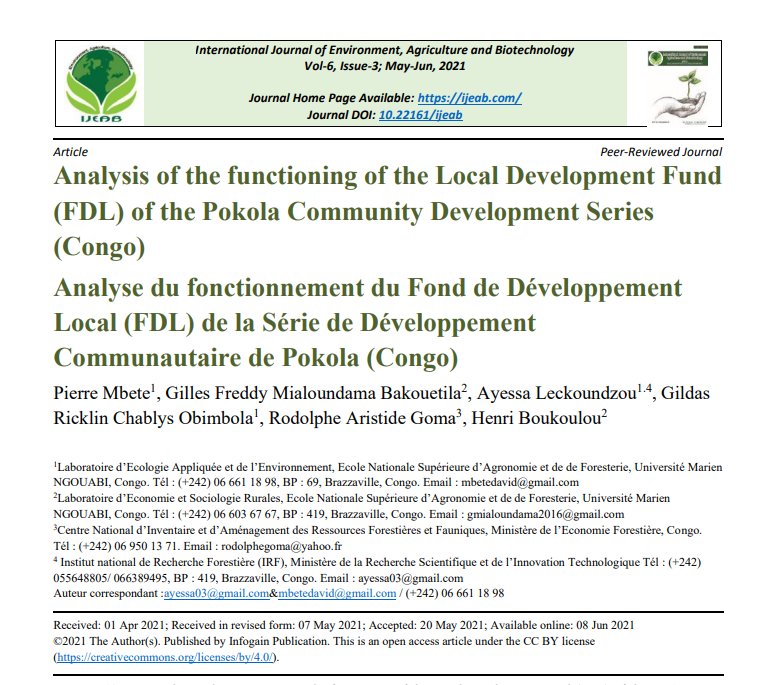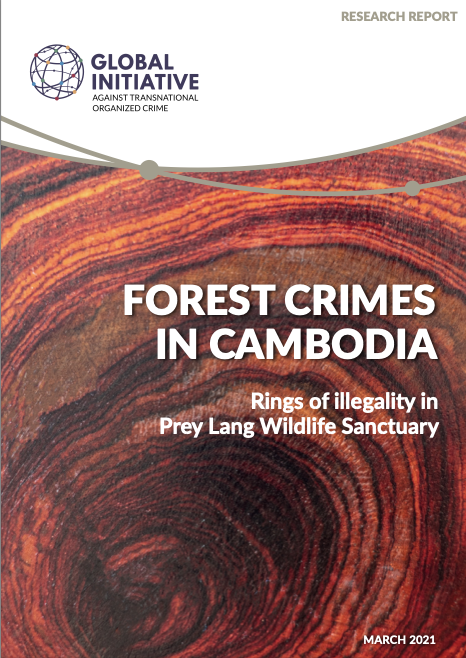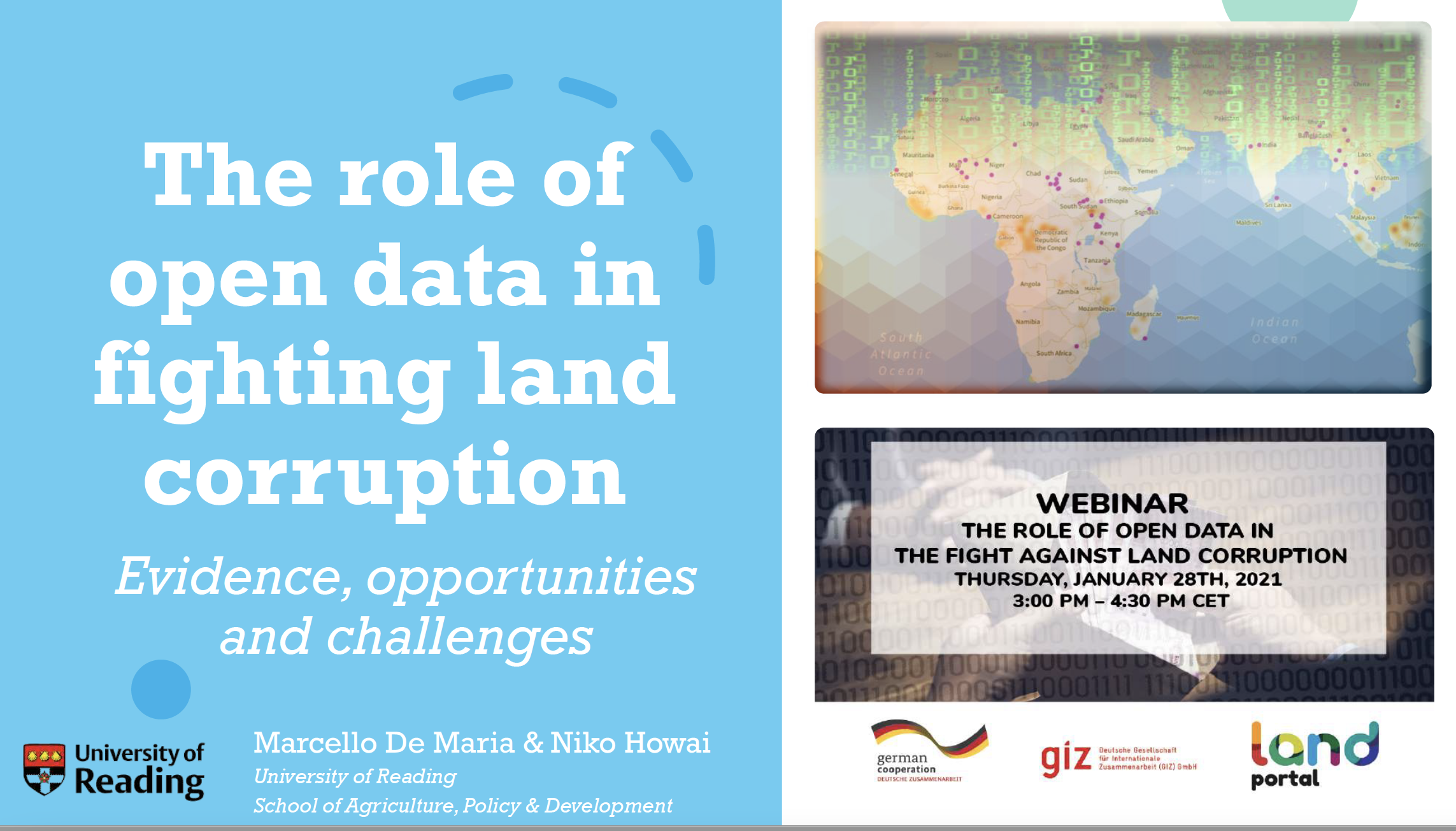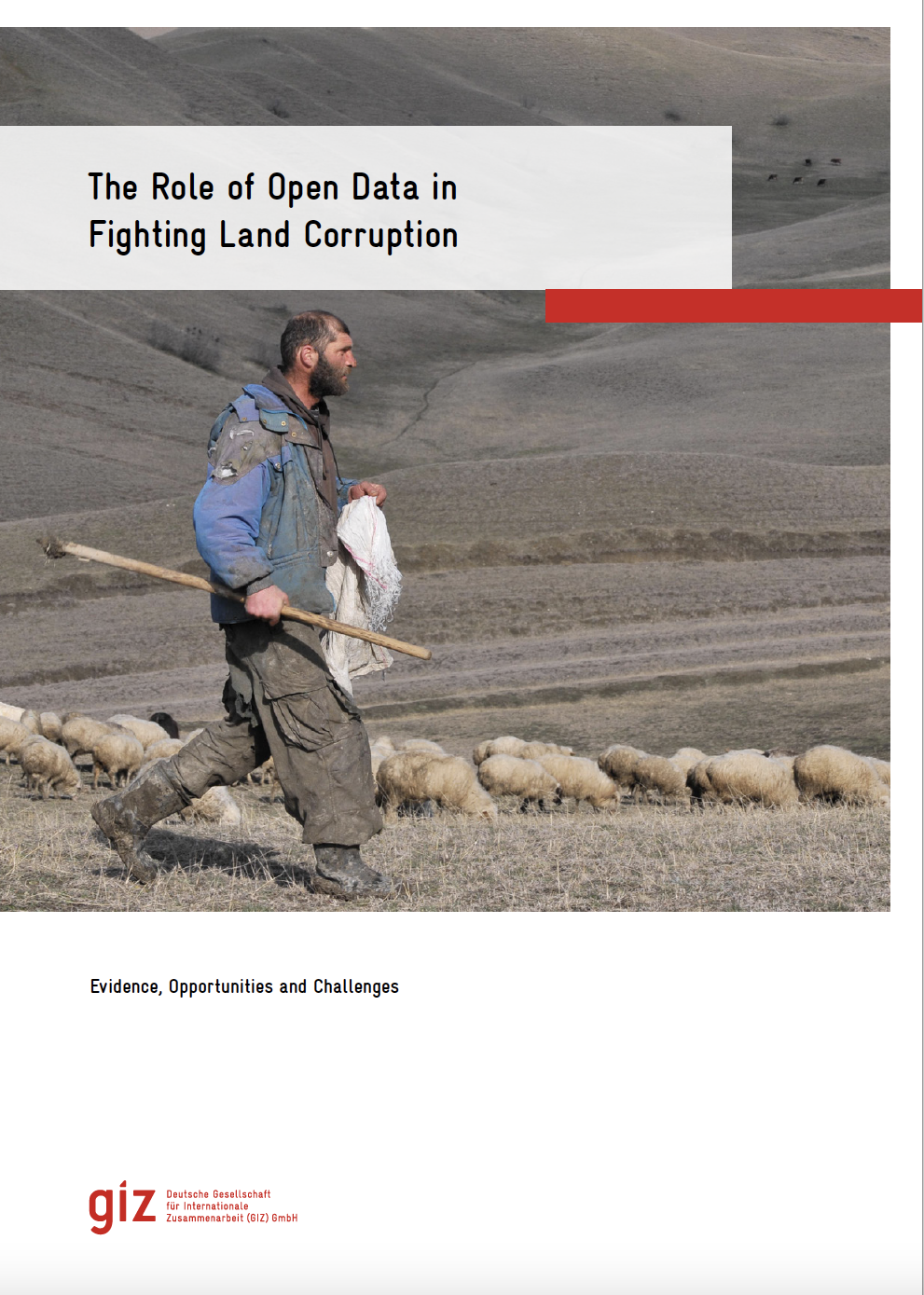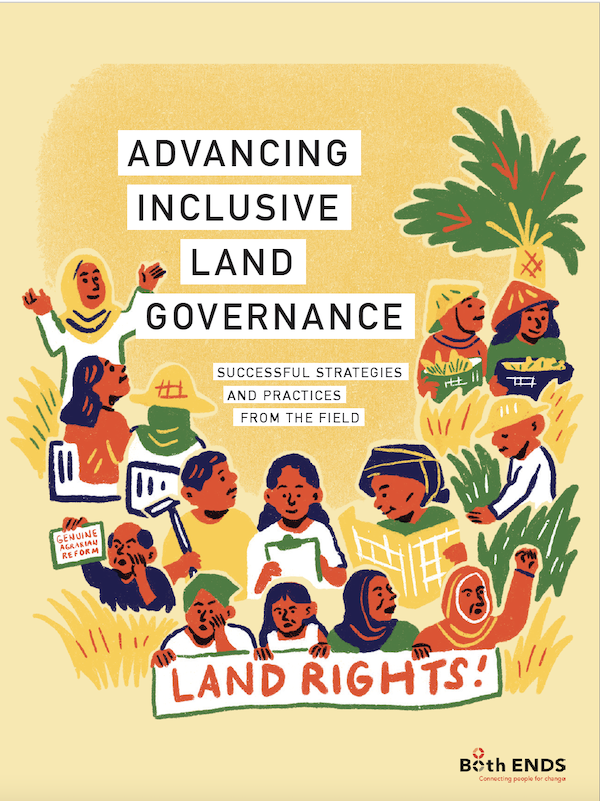Land Inequality Is a Crisis. Achieving Women’s Land Rights Is How We Respond
On 27 April 2021 President Kenyatta launched the National Land Information Management System (NLIMS);the culmination of years of digitisation of chaotic land records. It is expected to ease title transfers and safeguard public land from grabbers. It coincided with the opening of a National Geospatial Data Centre;an online depository that will contain all the land records in the country.


